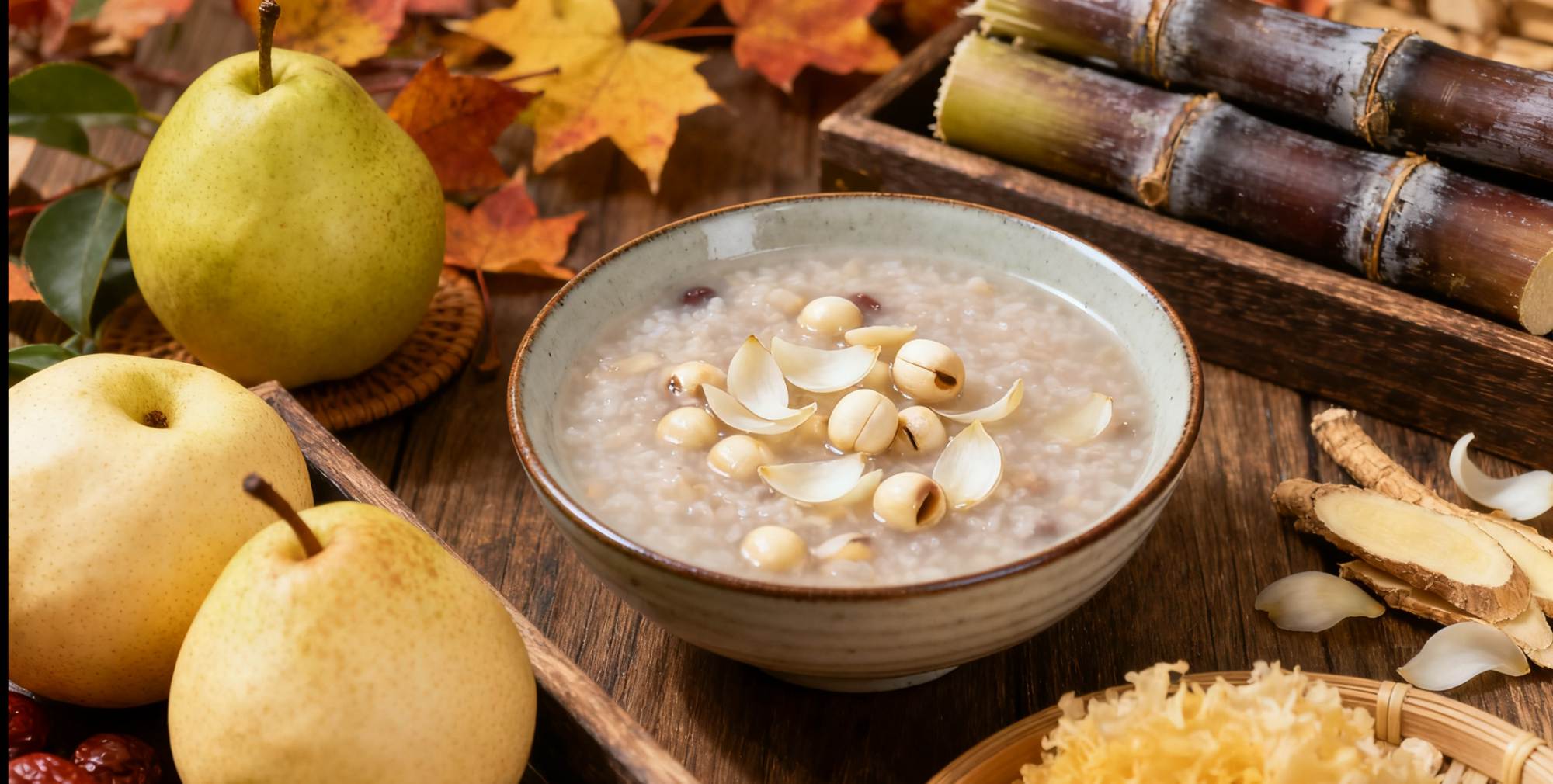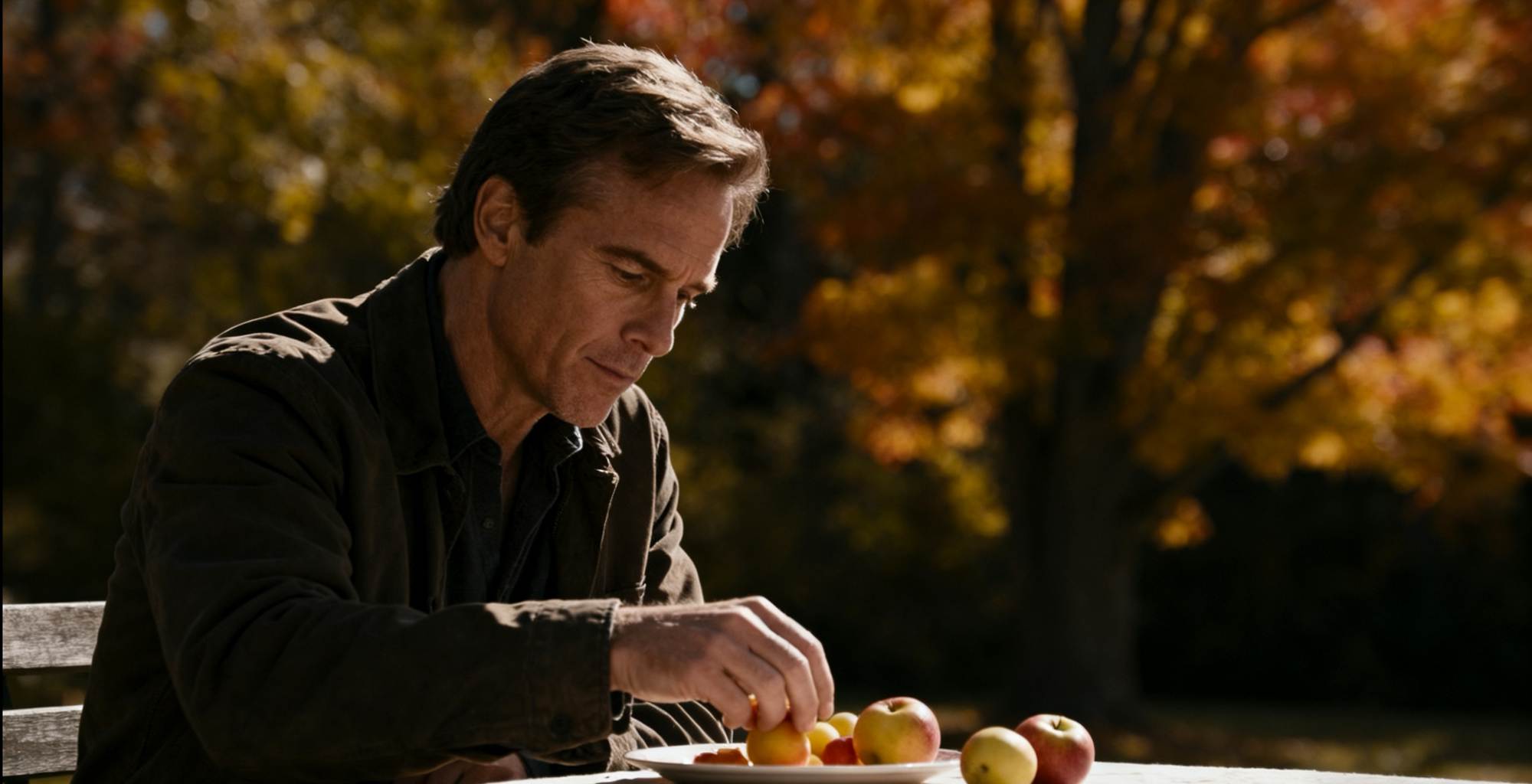content
1. Healthy Diet
2. Regulating the Spleen and Stomach
3. Preventing Autumn Fatigue
4. Preventing Autumn Dryness
5. Preventing Colds
6. Early to Bed and Early to Rise
7. Strengthening Exercise
8. Being Cautious When Eating Fruits and Vegetables
9. Timely Supplementation
10. Paying Attention to Nourishing Yin
1. Healthy Diet
Autumn diets should focus on nourishing yin and moistening the lungs. Elderly individuals with weak stomachs can benefit from porridge in the morning to promote stomach health and generate fluids, such as lily and lotus seed porridge, white fungus and rock sugar glutinous rice porridge, almond and fritillaria cirrhosa glutinous rice porridge, and black sesame porridge. Additionally, they should eat more sour fruits and vegetables and less spicy and stimulating foods, which is very beneficial for protecting the liver and lungs.
2. Regulating the Spleen and Stomach
After the start of autumn, one should try to eat less cold food or large amounts of raw fruits and vegetables, especially those with weak spleen and stomach. During the transition from summer to autumn, regulating the spleen and stomach should focus on clearing heat and strengthening the spleen. Eat smaller, more frequent meals, and consume more cooked, warm, soft, and easily digestible foods. Eat less spicy, stimulating, and greasy foods. Autumn health preservation must focus on clearing stomach heat so that damp-heat can be expelled through urination. Tonify the body only after the stomach heat has subsided.
3. Preventing Autumn Fatigue
As the saying goes, "Spring drowsiness and autumn fatigue." Autumn fatigue is a protective reaction to compensate for the body's excessive energy expenditure during the summer, often manifesting as lethargy, weakness, and low spirits. The best way to prevent autumn fatigue is to engage in appropriate physical exercise, but it's important to proceed gradually; maintaining sufficient sleep can also help prevent autumn fatigue.
4. Preventing Autumn Dryness
Autumn brings less rain and drier weather, making the body prone to "autumn dryness" due to excess internal heat. Traditional Chinese medicine believes that dryness easily damages the lungs, and since autumn's energy is connected to the lungs, excessive lung energy can lead to insufficient body fluids, resulting in symptoms like dry skin and cough. Preventing autumn dryness focuses on dietary adjustments, choosing foods that nourish the lungs, clear dryness, and generate fluids, such as tamarind, passion fruit, pears, sugarcane, water chestnuts, lilies, and white fungus.

5. Preventing Colds
Colds increase in autumn. To prevent colds, firstly, adjust clothing according to temperature changes, especially for the elderly; secondly, avoid setting indoor air conditioning temperatures too low, ideally between 25℃ and 27℃. Autumn is a high-incidence period for diseases. If you fall ill, seek medical attention promptly to avoid delaying treatment.
6. Early to Bed and Early to Rise
Early to bed aligns with the principle of storing Yin essence, while early to rise promotes the flow of Yang energy. Modern research shows that rising earlier in autumn can reduce the chance of blood clot formation. Lying in bed for a few minutes before getting up and stretching your body is also important for preventing blood clots.

7. Strengthen Your Body Through Exercise
As the weather gradually cools in autumn, avoid adding too many layers of clothing at once. Intentionally exposing your body to some cold air is an important way to enhance your body's adaptability to the cold winter weather. The clear skies and crisp air of autumn make it a good time for exercise, especially cold-resistance training such as morning exercises, jogging, and cold water baths, to improve resistance to disease.

8. Consume Fruits with Caution
While consuming large amounts of fruits in summer may not necessarily cause spleen and stomach ailments, it does lower the digestive system's resistance to disease. Continuing to consume large amounts of fruits in autumn will inevitably exacerbate dampness and damage the spleen's yang energy. A weakened spleen's yang energy cannot effectively transform and transport fluids, leading to acute and chronic gastrointestinal diseases such as diarrhea, dysentery, and loose stools. Therefore, one should eat fewer fruits in autumn, especially those with weak spleen and stomach.
9. Supplement at the Appropriate Time
As the saying goes, "Supplement in autumn to be strong as a tiger in winter," but it's important to avoid supplementing without illness or indiscriminately supplementing without distinguishing between deficiency and excess. The principle of Traditional Chinese Medicine is to supplement what is deficient; those with deficiency syndromes should not use tonics. Deficiency syndromes are further divided into yin deficiency, yang deficiency, qi deficiency, and blood deficiency; appropriate medication can benefit the body, otherwise it will have the opposite effect. It is also important to supplement in moderation, avoid using medicine as a substitute for food, and advocate for dietary supplementation. Autumn dietary supplements should focus on nourishing yin and moisturizing dryness, such as black-boned chicken, pork lung, turtle meat, bird's nest, white fungus, honey, sesame seeds, walnuts, lotus root, and autumn pears. These foods are even more effective when combined with traditional Chinese medicine.

10. Pay attention to nourishing yin
Autumn weather is dry, so autumn health preservation should focus on nourishing yin. To nourish yin in autumn, firstly, drink plenty of water to replenish the water lost during summer. Secondly, spend more time outdoors; in autumn, we should spend more time in nature, strolling through fields and parks, which helps nourish yin. Thirdly, avoid excessive sweating. Excessive sweating can deplete the body's yin; therefore, exercise in autumn should be moderate.



